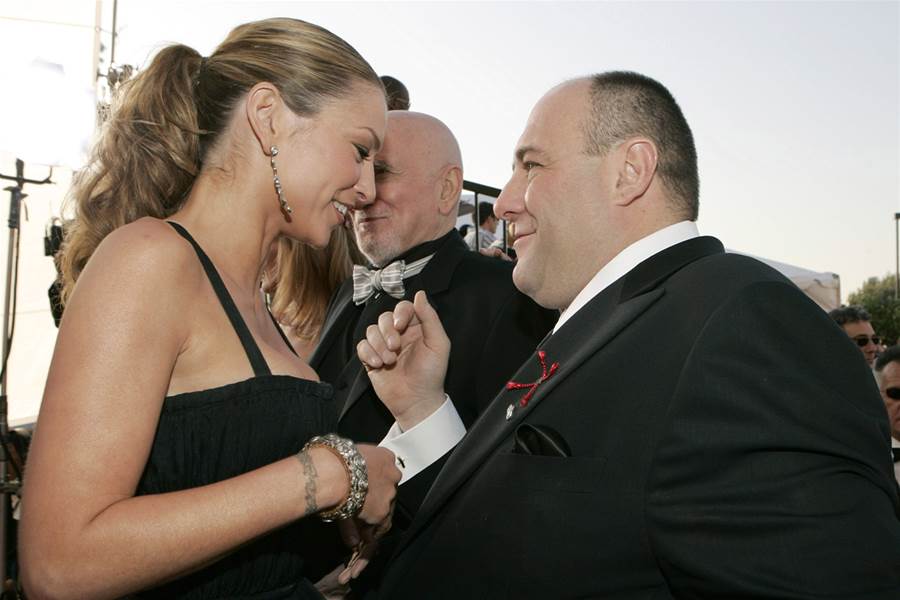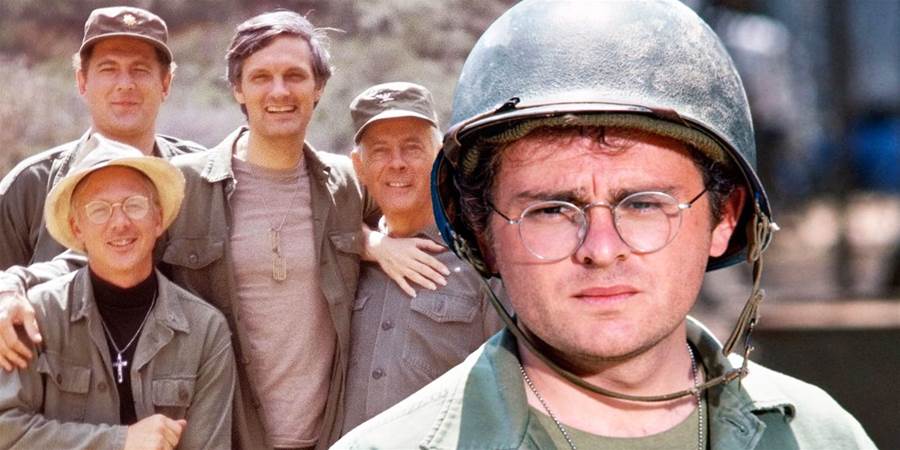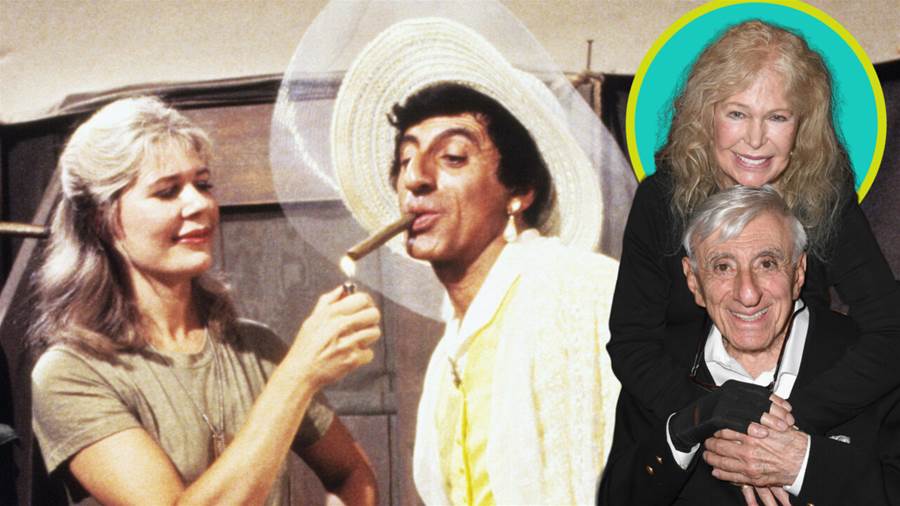
The Sopranos, the groundbreaking HBO series that captivated audiences for six seasons, didn't just leave us with a cliffhanger ending; it also left us wondering about the complex tapestry of wealth and power that intertwined the lives of its characters. Now, with the series' enduring legacy and the real-life family dynamics of the cast, we're taking a closer look at the potential inheritance disputes that could arise among the Sopranos and their associates.
Tony Soprano, the head of the DiMeo crime family, led a life of luxury, built on a foundation of illegal activities.
His net worth, estimated to be in the millions, was a result of a vast network of rackets, including gambling, loansharking, and drug trafficking. Tony's wealth was evident in his lavish lifestyle, including his sprawling mansion in New Jersey, his collection of luxury cars, and his penchant for fine dining and designer clothing. However, the "Soprano wealth" wasn't limited to Tony.
 His wife, Carmela, played an active role in managing the family finances, even engaging in some shady deals herself, as seen in her purchase of a vintage furniture business.
His wife, Carmela, played an active role in managing the family finances, even engaging in some shady deals herself, as seen in her purchase of a vintage furniture business.
Their children, Meadow and Anthony Jr., also benefitted from their father's riches. Meadow, a budding lawyer, inherited a substantial trust fund, while Anthony Jr. navigated the pressures of living in his father's shadow while also enjoying the perks of a privileged life. But, with Tony's death, a question mark hangs over the fate of his estate, particularly with his sister Janice's known desire to get her hands on a significant portion of it.
Al Capone, the infamous gangster of the 1920s, whose legacy is still felt today, provides a stark contrast to the Sopranos.
While Capone's wealth was immense, his legacy was marred by violence and ultimately, legal consequences. His vast fortune was amassed through illegal activities, such as bootlegging and prostitution, but it was largely lost due to tax evasion and prosecution. Capone's story serves as a warning to those seeking a life of wealth and power through illegal means.
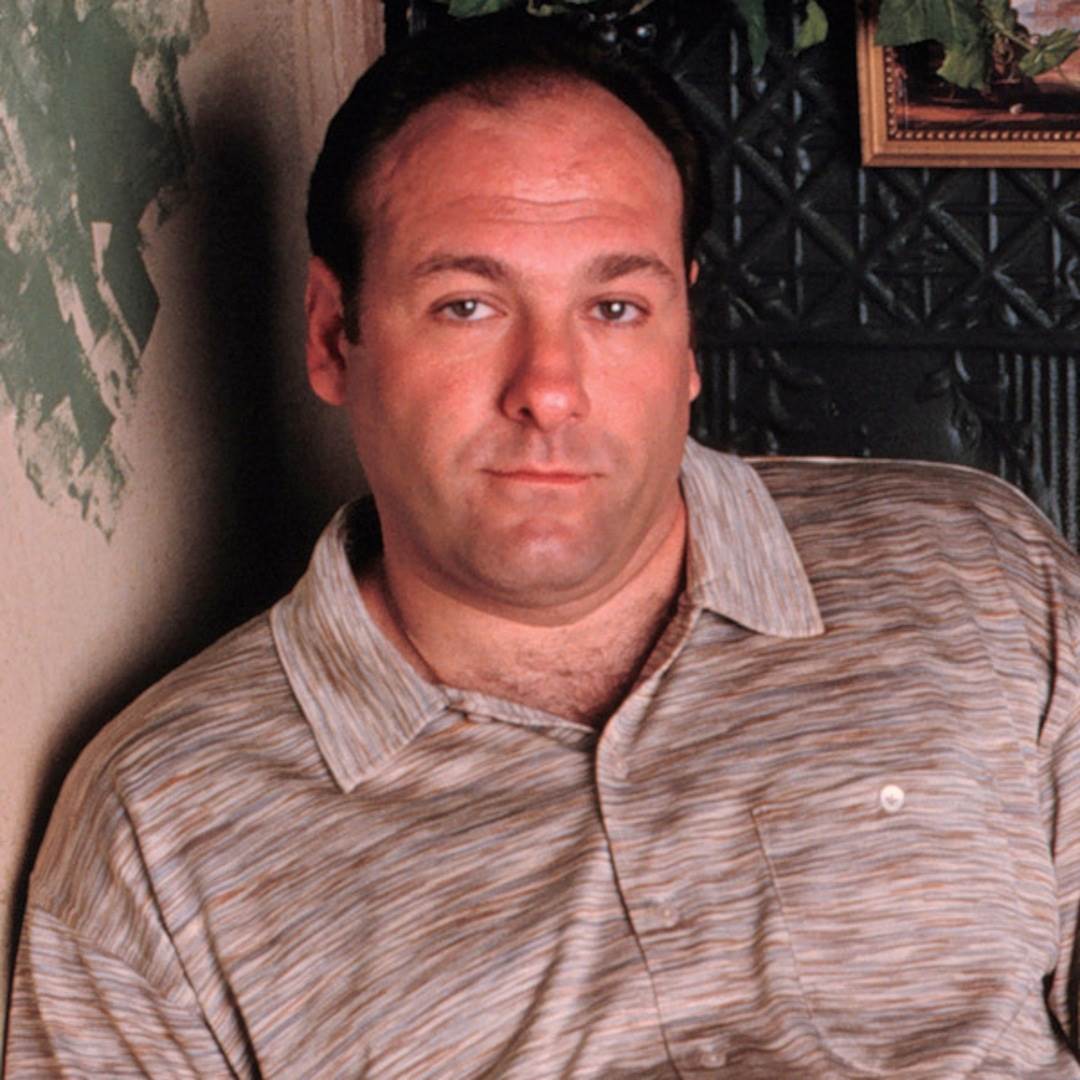 While the Sopranos and Capone families were separated by time, their stories illustrate the intricate relationship between crime, wealth, and legacy.
While the Sopranos and Capone families were separated by time, their stories illustrate the intricate relationship between crime, wealth, and legacy.
The Sopranos' death opened up a Pandora's Box of potential family disputes over his legacy. Janice, known for her manipulative nature, has already shown her willingness to fight for a larger share of the family fortune. She was known for her attempts to leverage Tony's wealth and connections to her own advantage, so her intentions regarding his estate are unclear, but her history indicates a desire to maximize her gains at any cost.
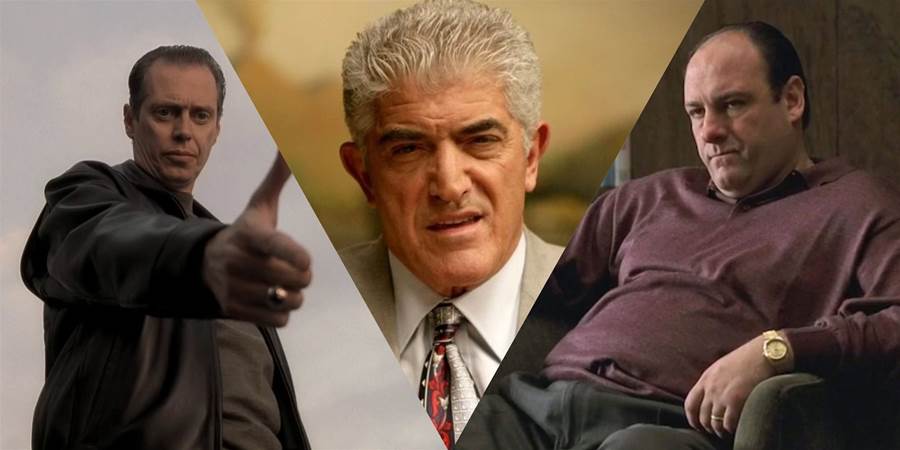
The distribution of Tony's estate, including his assets, businesses, and properties, is likely to be complex and potentially contested. Meadow, as the more level-headed of Tony's children, might seek a fair and legal distribution, but Janice's potential involvement could complicate the process.
The question of the Sopranos' legacy extends beyond the legal battle over their fortune. The show itself, with its exploration of family dynamics, power struggles, and moral ambiguity, has become a cultural touchstone. The characters and their complex relationships have resonated with audiences, prompting ongoing analysis and debate.
The Sopranos' estate, with its potential inheritance disputes, will undoubtedly be subject to further scrutiny. However, the true legacy of the series lies in its ability to spark conversation, challenge our perceptions, and ultimately, leave us pondering the enduring power of family, wealth, and the intricate connections between the two.

